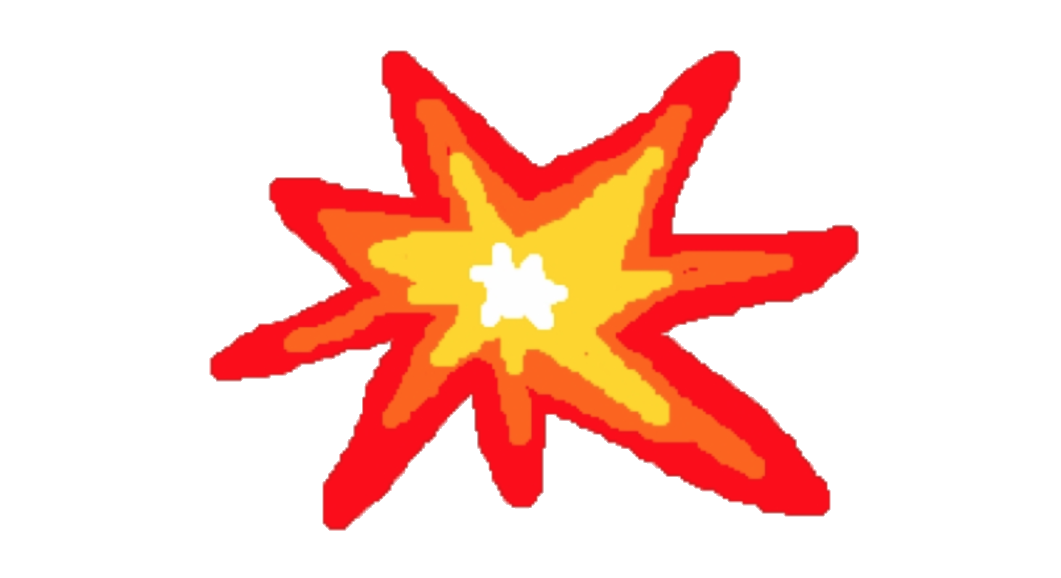MYRTHE
VAN DER
STAAY
For me, the different stages of engaging in research for my thesis are similar to the process of making a film.
I decided to study Liberal Arts & Sciences to, broadly put, make better sense of the world we are living in. Equipped with critical knowledge on; philosophy, politics and economics, I feel like I understand more why the state of the world is as it is.
But it makes even less sense to me than before.
ON KNOWLEDGE
ON RESEARCH
It starts with an
The titles on the right are some of the topics that I have written about.
Click on a topic to read one of my essays.
Dr. Strangelove as an Advocate for Feminism in International Relations
The Disintegration
of Political Economy
The Commons, Neoliberalism and Feminism
The Fable of Cinema:
The Interplay between the Representational and Aesthethical Regime
Fanon, Fugitive Theory and De-Coloniality
Then a
into explorative research and nuancing of this idea
idea (1)
deep dive (2)
phase of connecting, assembling, building
Pre-production (3)
Post-production (5)
Production (4)
Going out into the world to connect and collect, but also unlearn biases, unbuild, rebuild..
A constant dialogue between story-telling, editing, representation, and the power of influencing the perception of the viewer. A conscious process.
I think film might be my favorite expression of research
FROM MY THESIS
TO VISUAL ANTHROPOLOGY
‘For me, personally, it just really lays something bare. You are just sort of a temporary splinter in the cityscape, and that splinter draws the attention of people and reflects a lot of things about our contemporary society that are not okay.
That is what I personally find interesting about squatting as a tactic.’
(Pietje, 26, He/him).
A quote from Pietje included in my bachelor thesis titled:
“Splinters in the cityscape”:
The Experiences of Post-2010 Squatters and their Radical Revival
Abstract
Although urban squatting was criminalized in the Netherlands in 2010, squatting never fully died. Currently, concurrent with a period of housing protests, there seems to be a revival of urban squatting. This paper uses a qualitative research method through interviewing to understand the motivations and political sense-making of contemporary squatters. That being said, all respondents turn to direct action in the form of squatting based on anti-capitalist grounds and a perception that traditional parliamentary politics alone will not be able to present solutions to the discontents of capitalism. Furthermore, beyond squatting for housing or political statements, for some, squats also function as refuges from oppressive systems such as capitalism and the patriarchy. Finally, this paper argues that in understanding the motivations of the squatters, local factors should be taken into account, such as the political tissue of city councils, different degrees of housing market pressures and varying stages of gentrification.
I believe Visual Anthropology could unite my academic interests and visual way of understanding expressions. Although I did not have a chance to put this in practice for my bachelor thesis, the the attraction to praxis of research through film has not left me.
I was again reminded when I recently saw Richard Mosse’s film Broken Spectre in which he juxtaposes several analogue filmmaking techniques with airborne multispectral footage that together produce a piece of work exposing the multifaceted capitalist reality of climate destruction in the amazon rainforest. Moose’s work is inspiring because by deploying complex and abstract visual tools several visual entities of fieldwork come together in associative ways that force the viewer to think, and essentially feel.
I am attracted to visual anthropology because I am interested in the associative power of visuals beyond words. Works that I have particularly been inspired by are; Fuocoammare (Gianfranco Rosi), Black Girl (Ousmane Sembène), The act of killing (Joshua Oppenheimer), and Broken Spectre (Richard Mosse) to name a few.



